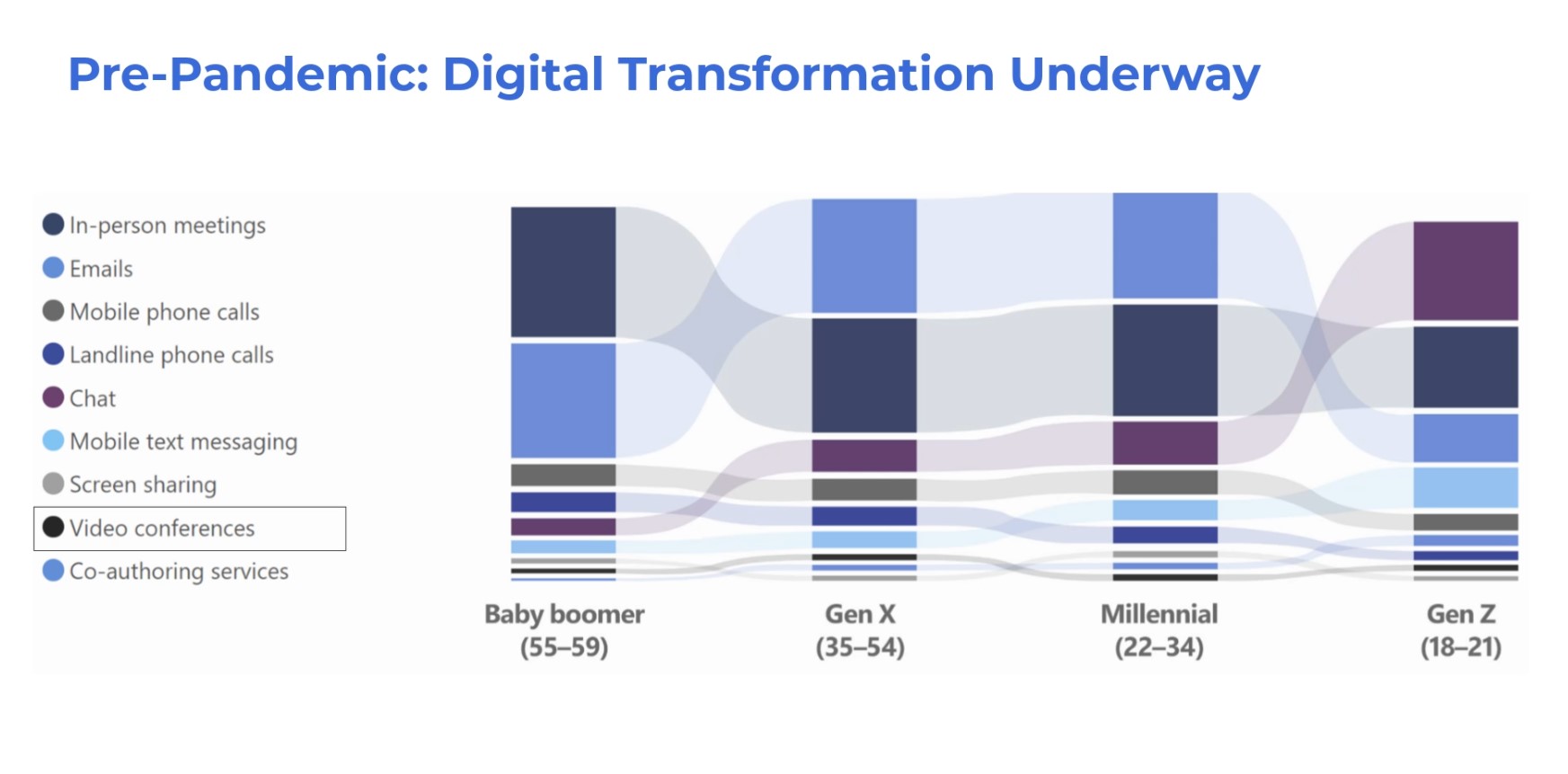4 Ways Government Agencies Can Avoid Social Media Scandals
The reality of going to work today doesn’t necessarily require “going” to work. But whether government employees work onsite, remotely or a mix of the two, recordkeeping and communication rules remain the same. This is especially true for social media.
Social media accounts of public officials and agencies are excellent digital communication platforms that deliver real-time government updates and drive community engagement — when used appropriately.
Recently, we hosted a discussion with industry experts Rita Reynolds, CIO of National Association of Counties (NACo) Robert Cruz, VP of Information Governance at Smarsh and Elizabeth Bachner, Professional Services and Consulting Expert for Smarsh to learn how government agencies can maximize their use of social media without creating a public relations or public records nightmare.
Below are some of the key takeaways from the discussion:
1. Understand evolving trends
Even before the pandemic back in 2020, the workforce was experiencing a generational shift, with each generation having their own communication preferences.

While we can always point to the pandemic as a disrupter, the evolving workforce was already creating new trends. By understanding how workers use technology, agencies are better positioned to create policies and training programs that resonate with employees.
2. Create and train workers on a social media policy
At their core, social media posts are government business communications — or public records. As with all public records, there needs to be rules for how to capture and archive social media posts.
“Agencies need to specifically explain what they consider records and how long they’ll keep these records. It’s very important to have these definitions in writing — especially when it comes to open records requests or audits,” says Rita Reynolds, CIO of National Association of Counties (NACo).
Having a strong data governance strategy will also help government agencies create a strong social media policy and train staff on their use.
“You want to focus on creating a strong and explicit social media use policy, because you don’t want to leave any areas for loopholes or misinterpretation,” adds Elizabeth Bachner, Professional Services and Consulting Expert for Smarsh.
This can include limiting use to only certain channels or platforms, or approval from the information governance team before posting.
3. Enforce or monitor social media use with automated tools
While training and a strong governance strategy will go a long way, it’s important to accept that there can be lapses in judgment or process. Government agencies need to be able to monitor or review social media use. Automated monitoring or reviewing tools can help ensure policy compliance at the system level.
When considering social media monitoring tools, consider applications that can automatically:
- Capture social media content, including posts, images and direct messages
- Archive captured content in a centralized repository
- Review and suppress content containing high-risk or prohibited terms and phrases
“I want to emphasize terms and phrases rather than words, because standalone words can create a lot of noise,” notes Bachner.
Many automated monitoring tools are powered by AI technology that can help agencies identify risks and stay ahead of any potential issues.
4. Measure effectiveness to make constant improvements
Lexicon policies aren’t designed to be “set and forget.” Agencies need to be able to measure effectiveness and make necessary improvements. This will require agencies to ask:
- Are there phrases that are used more than others? Is that good or bad?
- Is there actual risk from flagged phrases?
- Should there be terms or phrases that aren’t necessarily risky but still need to be monitored?
- Are there employees who need more monitoring or training?
Achieving continuous improvement is a major piece of the recordkeeping puzzle. Agencies must revisit those lexicons to address inefficiencies and to also capture any changes in the communications landscape.
“The main idea behind social media monitoring is to get ahead of that legal risk and other concerns with a proactive approach,” says Bachner. “Sometimes things slip out before you are able to suppress them but being aware of it sooner rather than later puts you in a defensible position, both in the market and with any potential litigation.”
Share this post!
Smarsh Blog
Our internal subject matter experts and our network of external industry experts are featured with insights into the technology and industry trends that affect your electronic communications compliance initiatives. Sign up to benefit from their deep understanding, tips and best practices regarding how your company can manage compliance risk while unlocking the business value of your communications data.






Subscribe to the Smarsh Blog Digest
Subscribe to receive a monthly digest of articles exploring regulatory updates, news, trends and best practices in electronic communications capture and archiving.
Smarsh handles information you submit to Smarsh in accordance with its Privacy Policy. By clicking "submit", you consent to Smarsh processing your information and storing it in accordance with the Privacy Policy and agree to receive communications from Smarsh and its third-party partners regarding products and services that may be of interest to you. You may withdraw your consent at any time by emailing privacy@smarsh.com.
FOLLOW US